
As temperatures hit freezing and we approach winter it is easy to forget what the dog days of summer felt like. But during those sweltering days nothing felt better than an ice-cold beverage or a frozen treat such as ice cream or a milkshake. But if you ingest the frozen refresher too quick you may be in for an unpleasant surprise, brain freeze. Yes, it happens to the best and worst of us, but what exactly is brain freeze and is it only caused by what we eat?
“Brain freeze is really a type of headache that is rapid in onset, but rapidly resolved as well,” said Dr. Dwayne Godwin, Ph.D., a neuroscientist from the Wake Forest Baptist Medical Center. “Our mouths are highly vascularized, including the tongue — that’s why we take our temperatures there. But drinking a cold beverage fast doesn’t give the mouth time to absorb the cold very well.”
The scientific term for a brain freeze is sphenopalatine ganglio-neuralgia but it is also referred to as a “cold-stimulus headache”. As most people know and have most likely experienced, a brain freeze most often comes about when you slurp a very cold drink or eat ice cream too fast, and thus rapidly change the temperature in the back of the throat at the juncture of the internal carotid artery, which feeds blood to the brain, and the anterior cerebral artery, which is where brain tissue starts.
“One thing the brain doesn’t like is for things to change, and brain freeze is a mechanism to prevent you from doing that,” said Godwin.
Despite what the name implies, the brain cannot feel pain despite its billions of neurons. The pain that is associated with brain freeze is sensed by receptors in the outer covering of the brain called the meninges, where the two arteries meet. When the cold hits, it causes a dilation and contraction of these arteries and that is the sensation that the brain is interpreting as pain.

Brain freeze is also not only caused by an internally ingested trigger such as food or beverages, it can also be caused by an external trigger, such as going outside without a hat on a frigid day or diving into a very
cold lake. When cold air hits the roof of the mouth or the back of the throat and stimulates the blood vessels and nerves in these temperature sensitive areas a brain freeze or a “cold-stimulus headache” can occur. Another important reason why your mother always told you to cover your head and your neck when you go out into the cold.





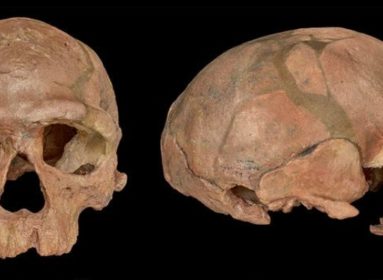







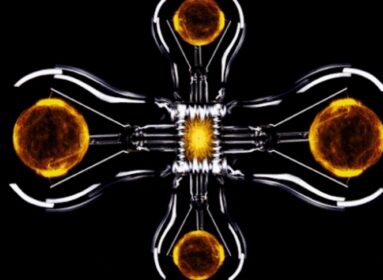

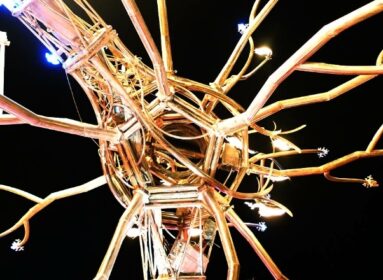

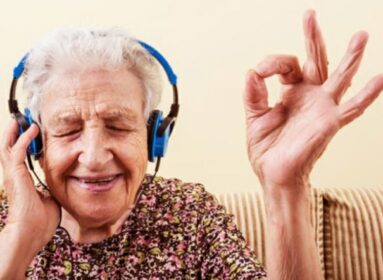
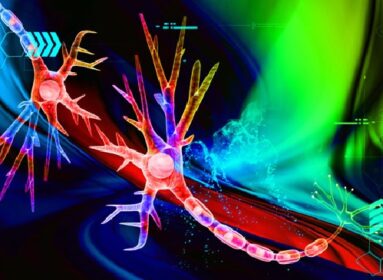
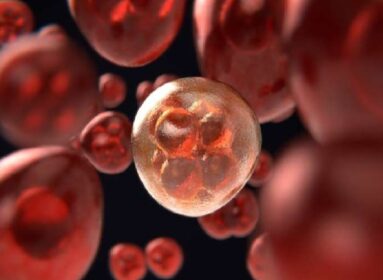
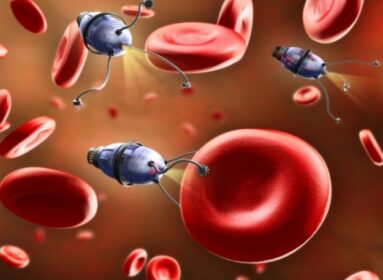


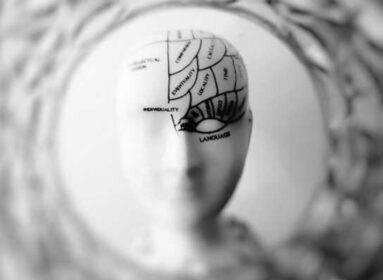
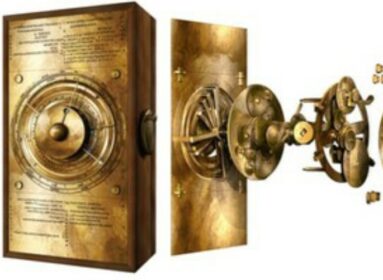

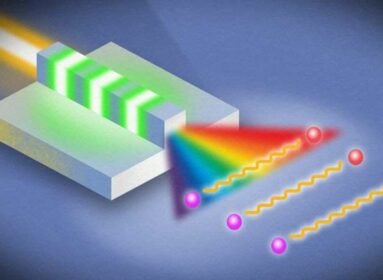


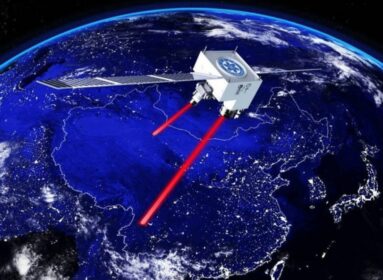


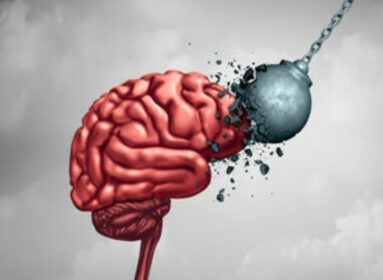
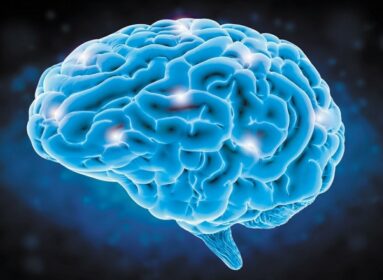




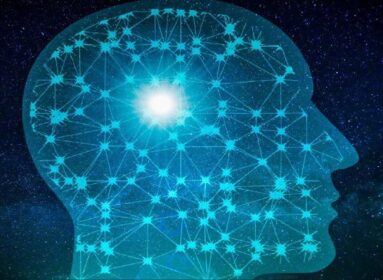
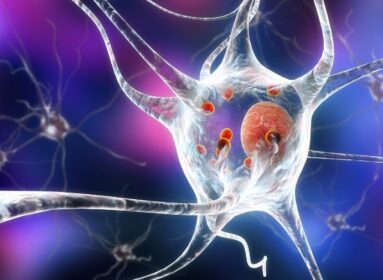
























Comments are closed.